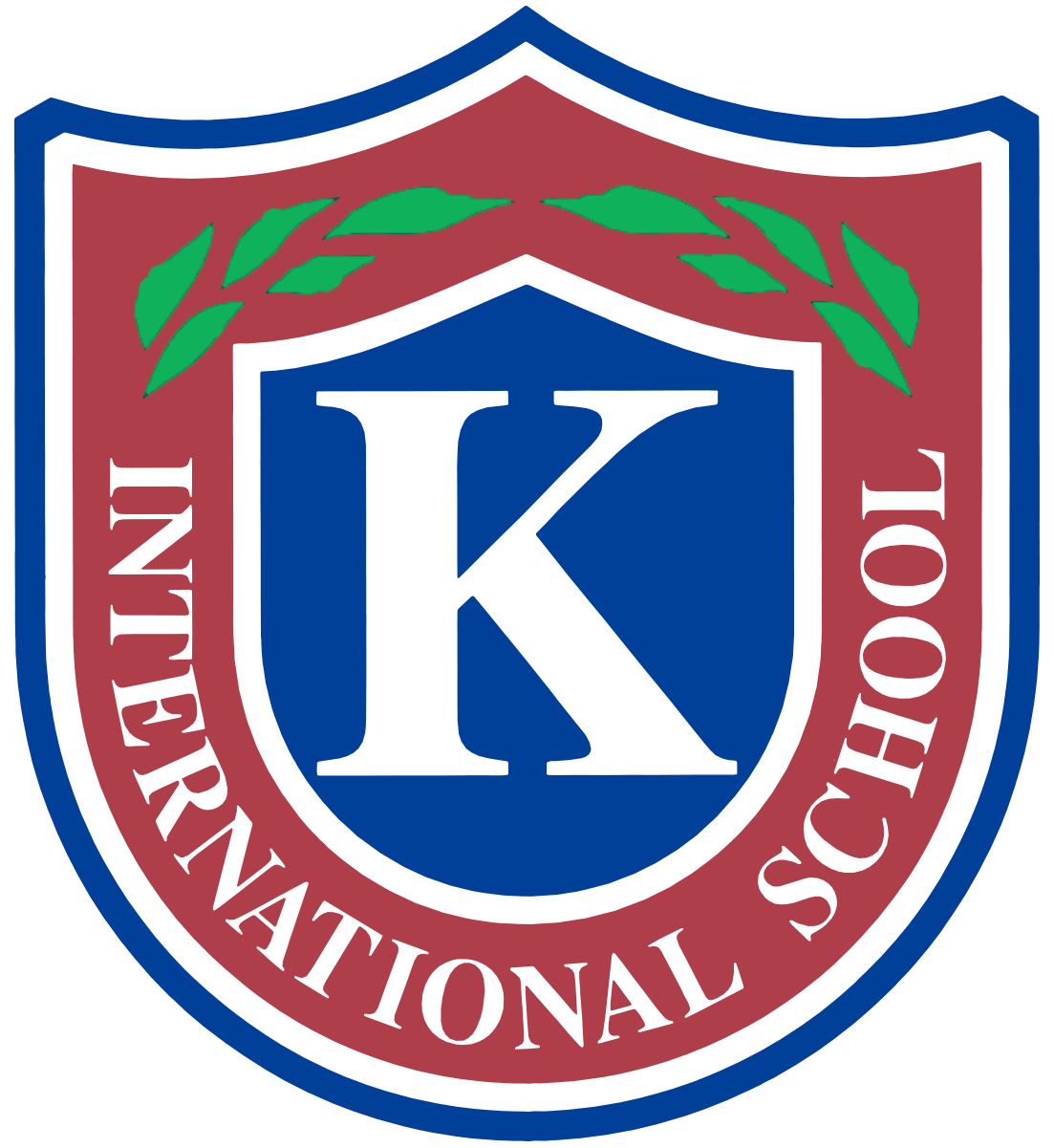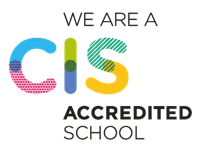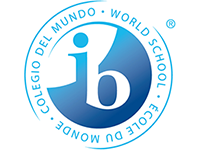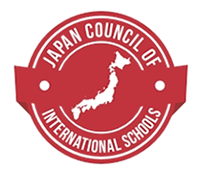Central to KIST’s mission is our aim “to develop…individuals who make meaningful contributions to our global community.” As an IB World School, the concept of ‘Action’ is central to our curricular programs, and is termed differently in each program: ‘Action’ in the PYP, ‘Service’ in the MYP, and ‘Creativity, Activity, Service’ (CAS) in the DP. Through the development of these components, we help students make connections between their learning and their actions as young citizens. Action projects initiated and developed by students range from awareness programs and messages generated about topics such as endangered animals and saving energy, to volunteer tutoring programs, as well as fundraising and involvement in external projects such as Habitat for Humanity.
PYP Action
In the PYP, the six transdisciplinary themes provide real-life context to inspire students to take action in response to their inquiries. The lessons within each of these themes are delivered in a way to evoke deeper thinking and help students develop the desire to make positive changes to the world around them. Action also plays an important role as one of the ways in which the PYP teaches children to take initiative and become independent; this means that it is not determined by the curriculum, but instead that students are given the support and agency by their teachers to make positive changes in relation to their studies. Students are encouraged to take action both independently and in groups, but whether individually or working with others, students are prompted to engage in activities to better the lives of not only themselves but also the recipients of the action. All along the way, students are encouraged and supported in their action by teachers, parents and administrators from the learning community.
Learning and growing in the PYP, students become empowered to take action not only within the school, but at any given time, in any given place. The integrated, inquiry-based nature of the PYP encourages students to make connections between their learning and issues or opportunities in real life. We are always pleased to see KIST students actively looking for ways to make the community and world around them better as they progress through the PYP. Action instills a sense of belonging to the local or global community and a recognition of the interconnectedness of both small- and large-scale issues.
Action in the PYP may range from making appropriate choices and taking responsibility for personal learning to being active participants in class, school and community projects. At higher grades, it may also include advocacy for social, environmental or political change, social justice, social entrepreneurships and lifestyle changes. At KIST, examples of how our PYP students have implemented action within the school community include activities to bring awareness to endangered species among the K1–K3 students, and working with our school shop to stock ethically-sourced coffee and snacks.

Click here to learn more about the PYP at KIST…
MYP Service
One of the most important aspects of learning in the MYP is the emphasis placed on real world connections. Students are constantly pushed to think about their studies critically in relation to global issues and events, and one of the best ways to support the connections they make is through actively taking part in community efforts to make positive change. In this way, MYP Service encourages students to find ways to make meaningful contributions to their communities in the service of others.
All students in Grades 6 to 8 are required to complete at least one long-term Service activity or a series of smaller activities each year during the MYP. These may be generated by students themselves as based on clear needs they have identified in their communities and may be areas students are interested in or pursue as hobbies in their personal lives (e.g. providing musical instrument lessons to younger students), or may be undertaken through participation in one of several established Service committees at KIST. Students are also given the opportunity to participate in the efforts of volunteer student groups within the school; these may change from year to year but usually range from well-known international organizations such as Habitat for Humanity and Table for Two to smaller local humanitarian efforts to support communities in need around Japan and Asia.
Through the completion of meaningful Service activities—regardless of whether they are self-generated or part of a Service committee—students are involved in the following cycle of planning, action and reflection:
- Planning
Students investigate and identify a need in their community (school, local, global) and develop a detailed plan of action. - Action
Students gather evidence of their actions in completing their Service activities. - Reflection
Students collect their thoughts in careful written pieces that allow them to reflect on how their actions made an impact and to think about what else can be done to address the issue.
Some of the ways in which students have provided Service to their communities in recent years include:
- teaching a foreign language to elderly patients at a nursing home;
- supporting less able people in their daily lives;
- volunteering to play basketball with children in need;
- performing and teaching ballet to kindergarten students;
- joining an organization dedicated to animal protection.

Click here to learn more about the MYP at KIST…
DP CAS
CAS (Creativity, Activity, Service) is a component of the DP core that students are expected to complete in addition to but outside of their regular subject classes. Although it is not formally assessed in the same way as regular subjects, students must complete the requirements of CAS satisfactorily in order to receive an IB Diploma. At KIST, CAS begins in Pre-DP Grade 10 and continues for approximately 18 months.
Through CAS, students are involved in planning, carrying out and reflecting on various activities and experiences alongside their academic studies within the following three strands. Activities may focus on individual strands or may involve a combination of strands.
Creativity
Activities that explore and extend ideas leading to an original or interpretive product or performance.
Examples of Creativity include:
– learning a new musical instrument;
– composing and performing a song;
– making a speech with a creative presentation;
– painting a mural.
Activity
Activities that require physical exertion in contributing to a healthy lifestyle.
Examples of Activity include:
– participation in expeditions, hiking;
– individual and team sports;
– physical activities outside the regular curriculum;
– physical activity involved in carrying out creative and service projects such as digging trenches to lay water pipes to bring fresh water to a village.
Service
Activities that involve collaborative and reciprocal engagement with the community in response to an authentic need.
Examples of Service include:
– serving meals to the homeless;
– babysitting for a family;
– collecting garbage from public areas;
– tutoring young children.
In addition to general activities, students are also required to complete at least one major collaborative project that lasts for a minimum of one month and that allows students to demonstrate initiative and perseverance, and develops skills such as cooperation, problem-solving and decision-making.








